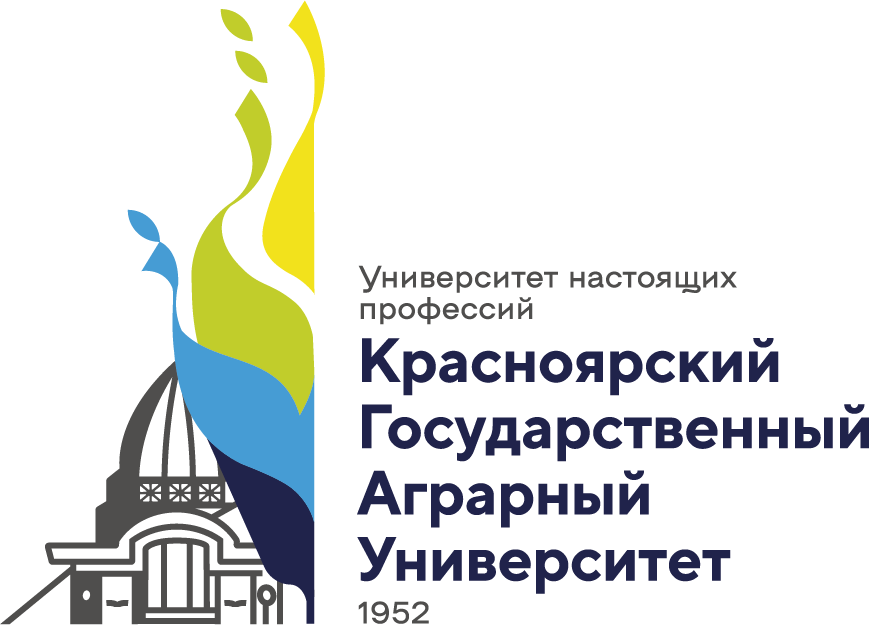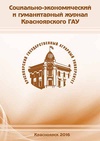The research objective was the consideration of approaches to the treatment of the concept "tax control", its forms and types, the identification of the problems of tax control in general and tax audits in particular. In the study the value of tax audits as the most important instrument of tax control is revealed, tax control as a factor of economic security of the enterprises, forms and methods of carrying out tax audits is considered, the statistics of identification of tax offenses is given, the directions of the improvement of the quality of cameral tax audits are generalized. In 2016 the debt on tax revenues in the budget of the Russian Federation increased in comparison with previous year by 247 billion rubles that most likely was the conse-quence of essential reduction of the number of exit checks (on 4 619 units) al-lowing to realize most qualitatively the measures of tax control concerning payers and to reveal the greatest number of tax offenses. Together with it the quantity cameral, less productive, checks increased by 8 035 thousand units, however, by the nature cameral checks do not allow to capture all that volume of information available to exit control therefore the method of such checks can be considered mainly arithmetic. The total amount of taxes which came to the budget for the results of tax audits in comparison with 2015 in-creased and for 2016 made 216.8 billion rubles. Careful planning of tax au-dits, reasonable choice of their forms and methods promote faster identifica-tion or prevention of tax offenses, the reduction of time of tax audit and costs of its carrying out, and also the increase in the efficiency of tax control in general.
taxes, tax control, forms, methods, tax audits, cameral, exit, efficiency, productivity, tax authorities, tax offenses, sanctions
1. Filippova N.A., Makevnina D.Yu. Nalogovyy kontrol': specifika, rol', mesto i znachenie v sisteme gosudarstvennogo kontrolya // Ekonomika i predprinimatel'stvo. - M., 2012. - № 2. - S. 24-30.
2. Evstigneev E.N. Nalogi i nalogooblozhenie: ucheb. posobie. - M.: Prospekt, 2013. - 520 s.
3. Nalogovyy kodeks Rossiyskoy Federacii (chast' pervaya) ot 31.07.1998 № 146-FZ (red. ot 27.11.2017) // URL: http:base. consultant.ru.
4. Dolgopolov O.I. Kameral'naya nalogovaya proverka (zakonodatel'stvo, osobennosti, sudebnaya praktika) // URL: http:base.consultant.ru.
5. O rekomendaciyah po provedeniyu meropriyatiy nalogovogo kontrolya, svyazannyh s nalogovymi proverkami: pis'mo FNS Rossii ot 17 iyulya 2013 g. № AS-4-2/12837 // URL: http: base.consultant.ru.
6. Oficial'nyy sayt Federal'noy nalogovoy sluzhby RF. - URL: www.nalog.ru.
7. O rekomendaciyah po provedeniyu kameral'nyh nalogovyh proverok: pis'mo FNS Rossii ot 16.07.2013 № AS-4-2/12705 // URL: http: base.consultant.ru.
8. Oficial'nyy sayt Federal'noy nalogovoy sluzhby po Krasnoyarskomu krayu. - URL: https://www.nalog.ru/rn24.
9. Nalogovye pravonarusheniya: statistika i prognozy // URL: Nalogovyenovosti.rf.
10. Grunin O.A., Grunin S.O. Ekonomicheskaya bezopasnost' organizacii. - SPb.: Piter, 2002.
11. Vasil'ev G.A. Ekonomicheskaya bezopasnost' // Ekonomika: teoriya i praktika: sb. st. po mat-lam VII Mezhdunar. nauch.-prakt. konf. - Novosibirsk: Izd-vo SibAK, 2013. - 178 s.








